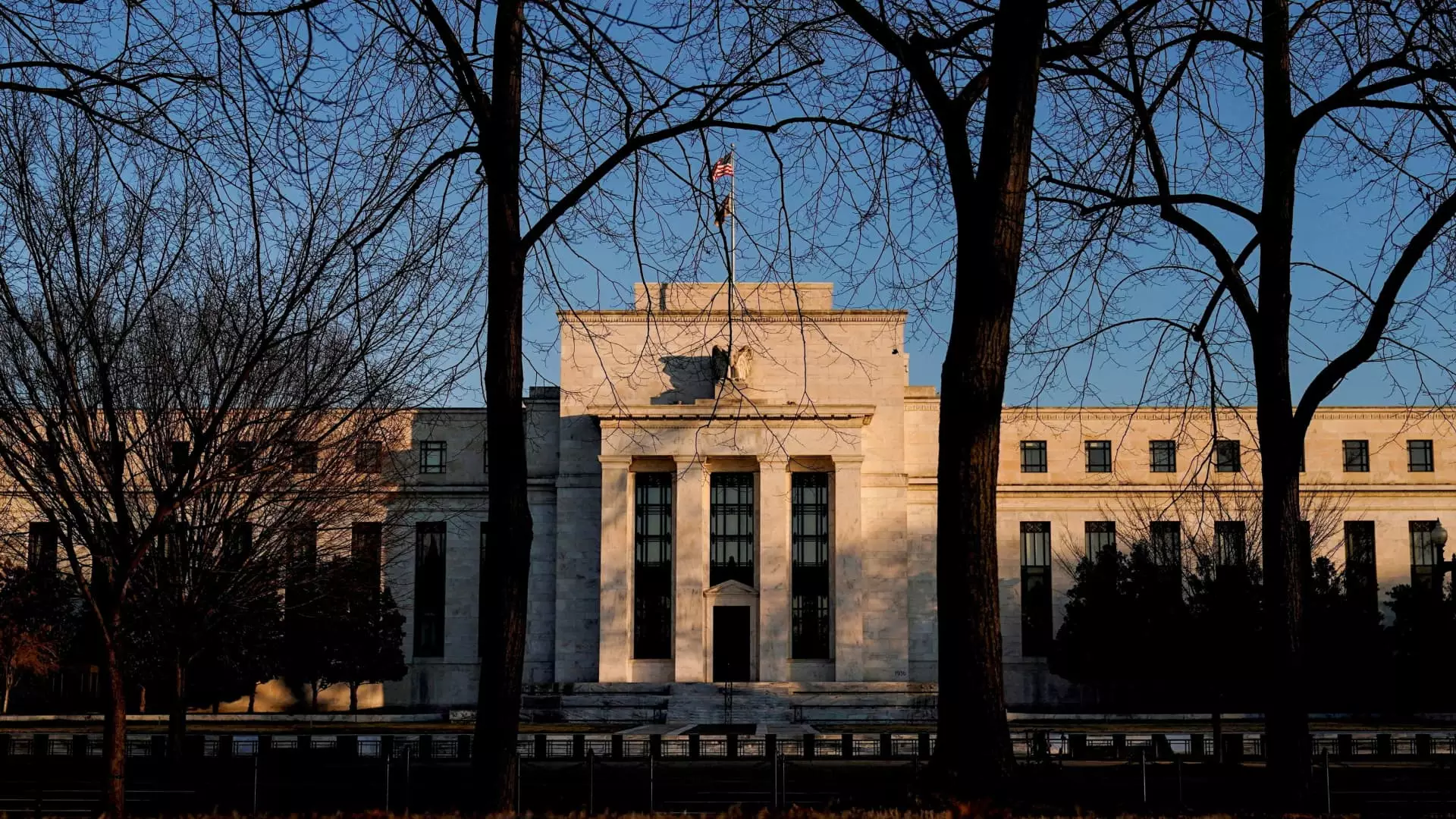In a shocking breach of public trust, a former senior advisor for the Federal Reserve, John Harold Rogers, was arrested under allegations of conspiring to steal confidential trade secrets for the benefit of China. This incident not only raises concerns regarding national security but also highlights vulnerabilities within critical financial institutions like the Fed.
Allegations of Espionage
Rogers stands accused of providing sensitive information that could potentially enable China to manipulate American markets, resembling the mechanics of insider trading. According to the U.S. Attorney’s Office in Washington, D.C., this data included advance insights into U.S. economic policies and crucial decisions related to the federal funds rate, which plays a pivotal role in determining interest rates across the economy. Access to this type of information could provide unimaginable leverage to foreign adversaries looking to sway U.S. financial systems. This development is particularly alarming given that China holds approximately $816 billion in U.S. government debt, setting the stage for potential economic leverage.
The legal ramifications of Rogers’ actions could be severe. If convicted on the charges of economic espionage and providing false statements to investigators, he faces up to 15 years in prison. The accusations entail a deliberate scheme executed over several years, portraying Rogers as someone who exploited his position at the Fed for personal gain and possibly for the benefit of foreign entities.
The case takes an intriguing—for some, unsettling—twist with the identification of two alleged co-conspirators. These individuals, tied to China’s intelligence community, masqueraded as innocent graduate students while cultivating a relationship with Rogers. The clandestine nature of their interactions raises critical questions about the lengths to which foreign powers might go to infiltrate U.S. financial systems. Reports indicate that these co-conspirators not only provided Rogers with gifts but also financed his travels to China, where he then reportedly exchanged proprietary information in hotel rooms under the guise of conducting lectures.
This relationship illustrates a sophisticated method of espionage, leveraging not only monetary incentives but also personal connections. Rogers, a resident of Vienna, Virginia, and an academic with a Ph.D. in economics, joined Fudan University in Shanghai part-time post-retirement from the Federal Reserve. This dual involvement underscores the risks associated with academic and governmental crossover, especially when individuals occupy pivotal roles in sensitive sectors like international finance.
The FBI’s response, led by Assistant Director David Sundberg, highlights a broader concern regarding the efficacy of U.S. defenses against economic espionage. Sundberg’s statement that the Chinese Communist Party has escalated its campaign to undermine U.S. financial stability is a wake-up call. It suggests a systematic and organized effort on behalf of foreign powers to infiltrate and manipulate the economic pillars of the United States.
This incident comes at a time of heightened scrutiny on the relationships between U.S. officials and foreign entities. The Fed declined to comment on the specifics of Rogers’ arrest, but their silence brings into sharp relief the need for transparency in such grave matters. The public must be assured that the integrity of financial institutions is upheld against both internal malfeasance and external machinations.
As this case unfolds, it will likely catalyze discussions surrounding national security and the protection of sensitive government information. The intersection of academia and government, particularly in economics and finance, may come under closer examination. Policymakers may need to implement more stringent controls to mitigate insider threats, not only from potential breaches of trust but also from the increasingly sophisticated strategies employed by foreign adversaries.
The fallout from Rogers’ arrest may extend beyond legal ramifications; its ripple effects could influence the broader context of U.S.-China relations. In the wake of increased tariffs and intensified economic competition, incidents like these underscore the complex interplay between global economics, security concerns, and diplomatic relations.
The arrest of John Harold Rogers serves as a sobering reminder of the vulnerabilities that can exist even within the most trusted institutions. It calls into question the integrity of systems charged with safeguarding the nation’s economic interests. As investigations continue, it is imperative for both government officials and citizens to remain vigilant against the machinations of espionage and to advocate for policies that fortify against such threats. The stakes are high, and protecting the integrity of the U.S. financial system must be a paramount concern in this complex global landscape.

